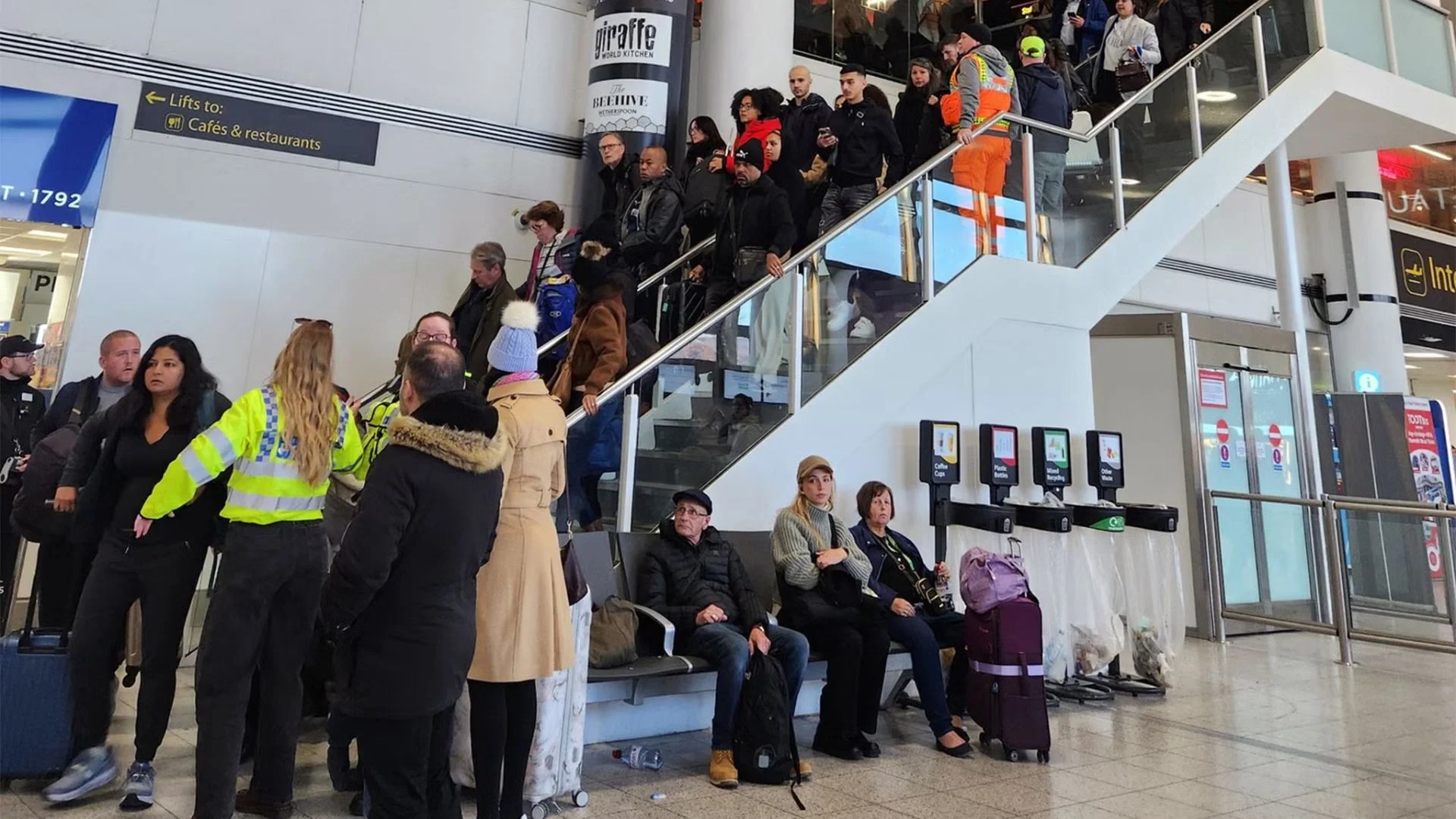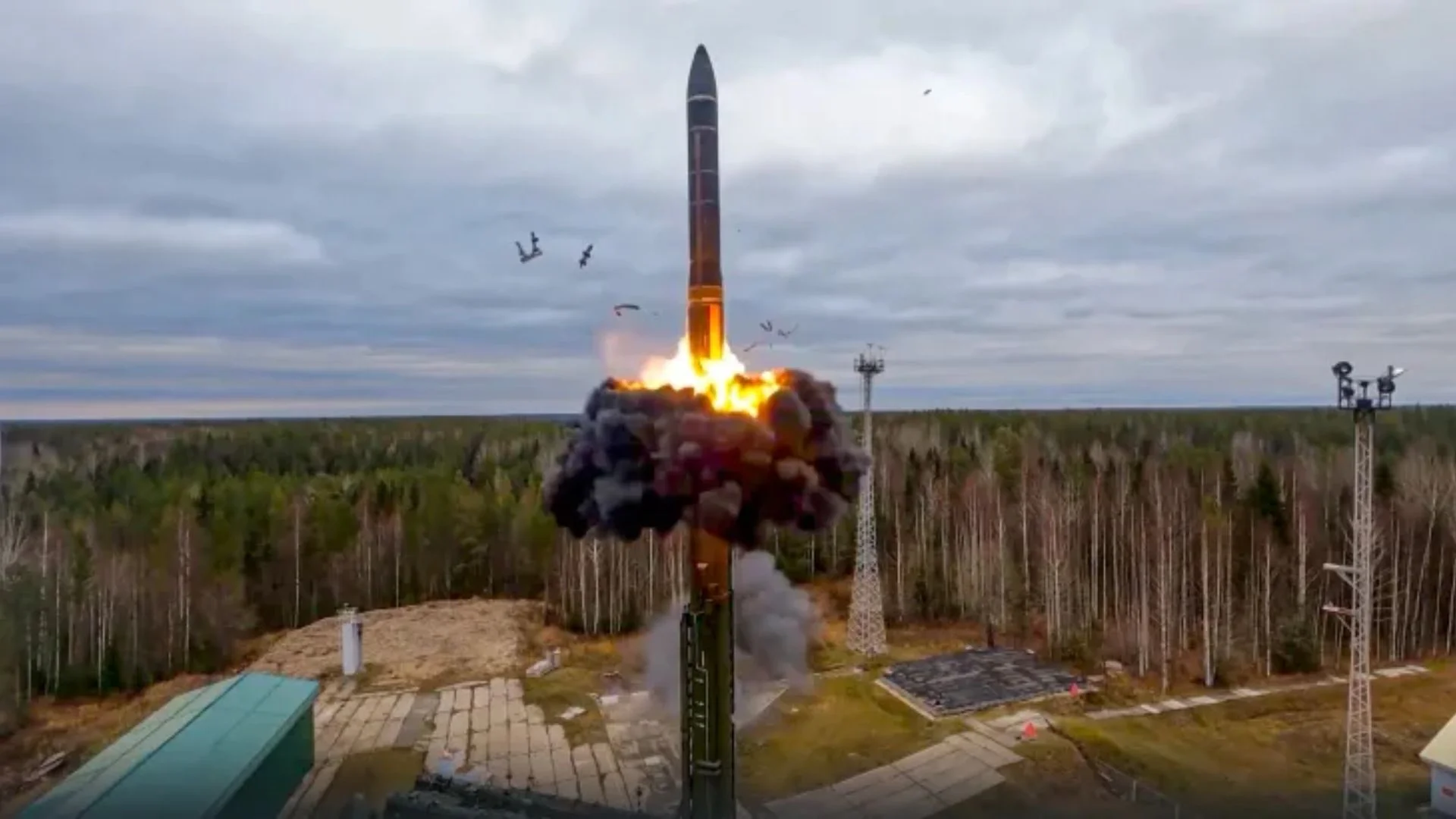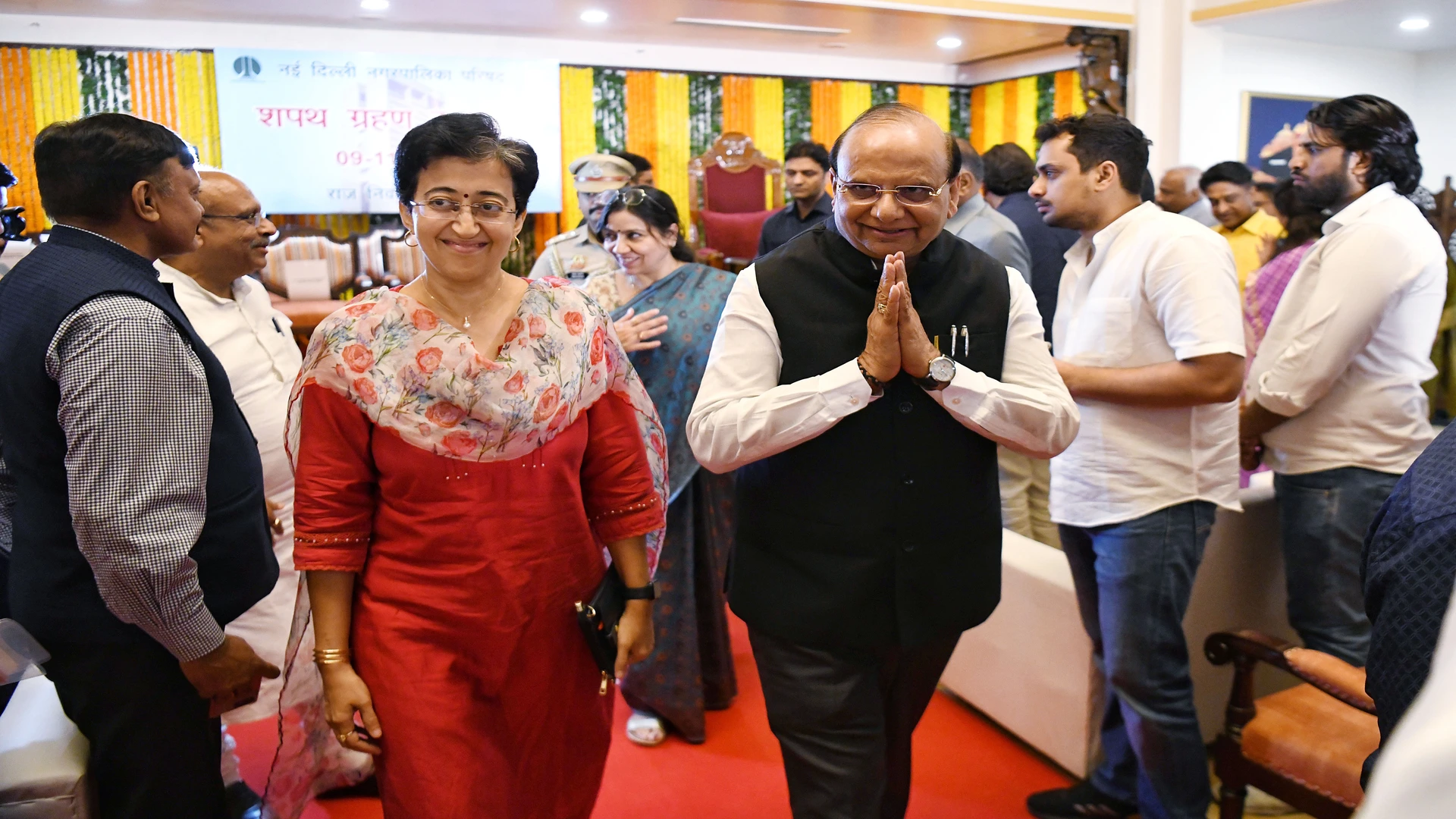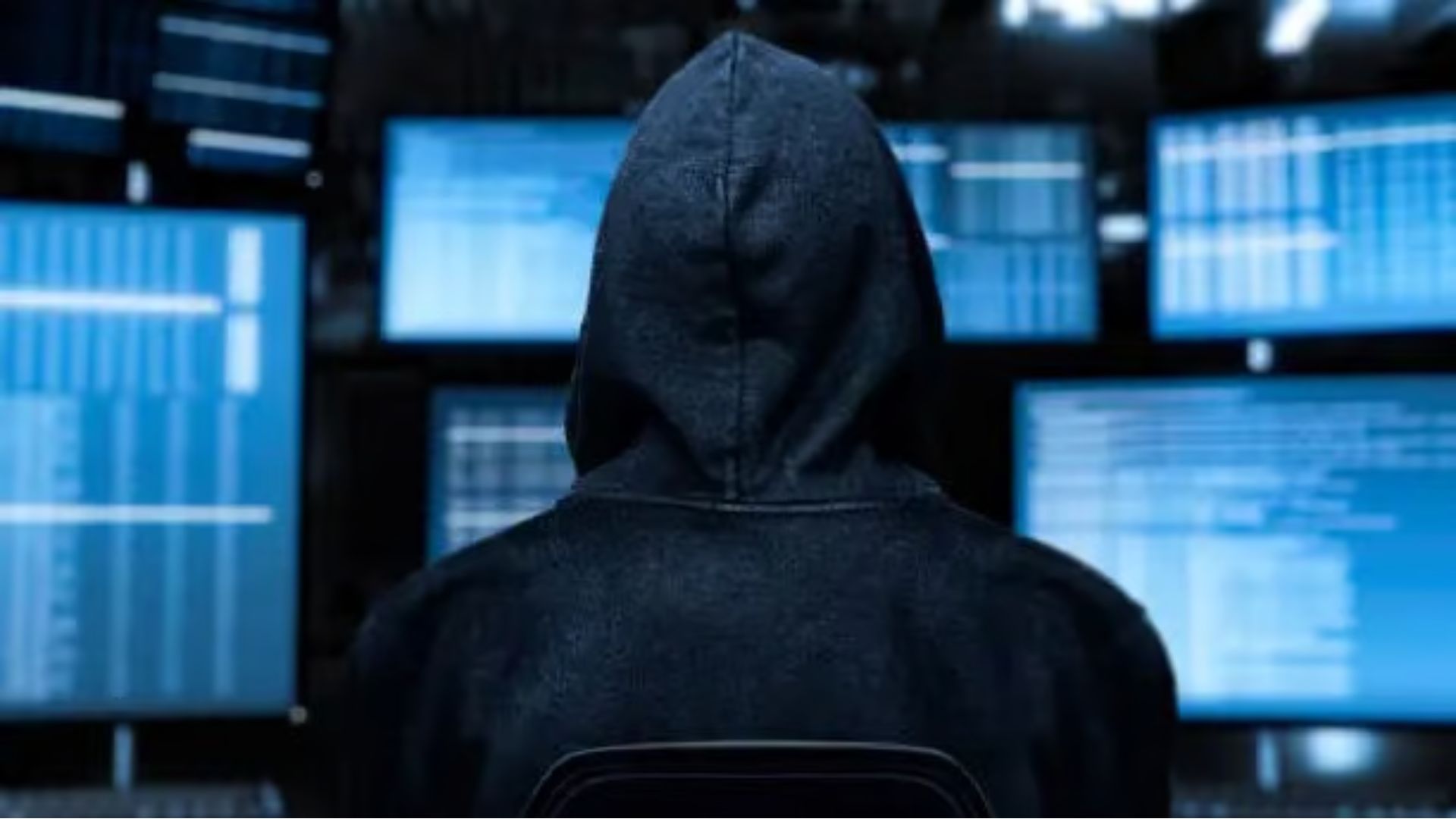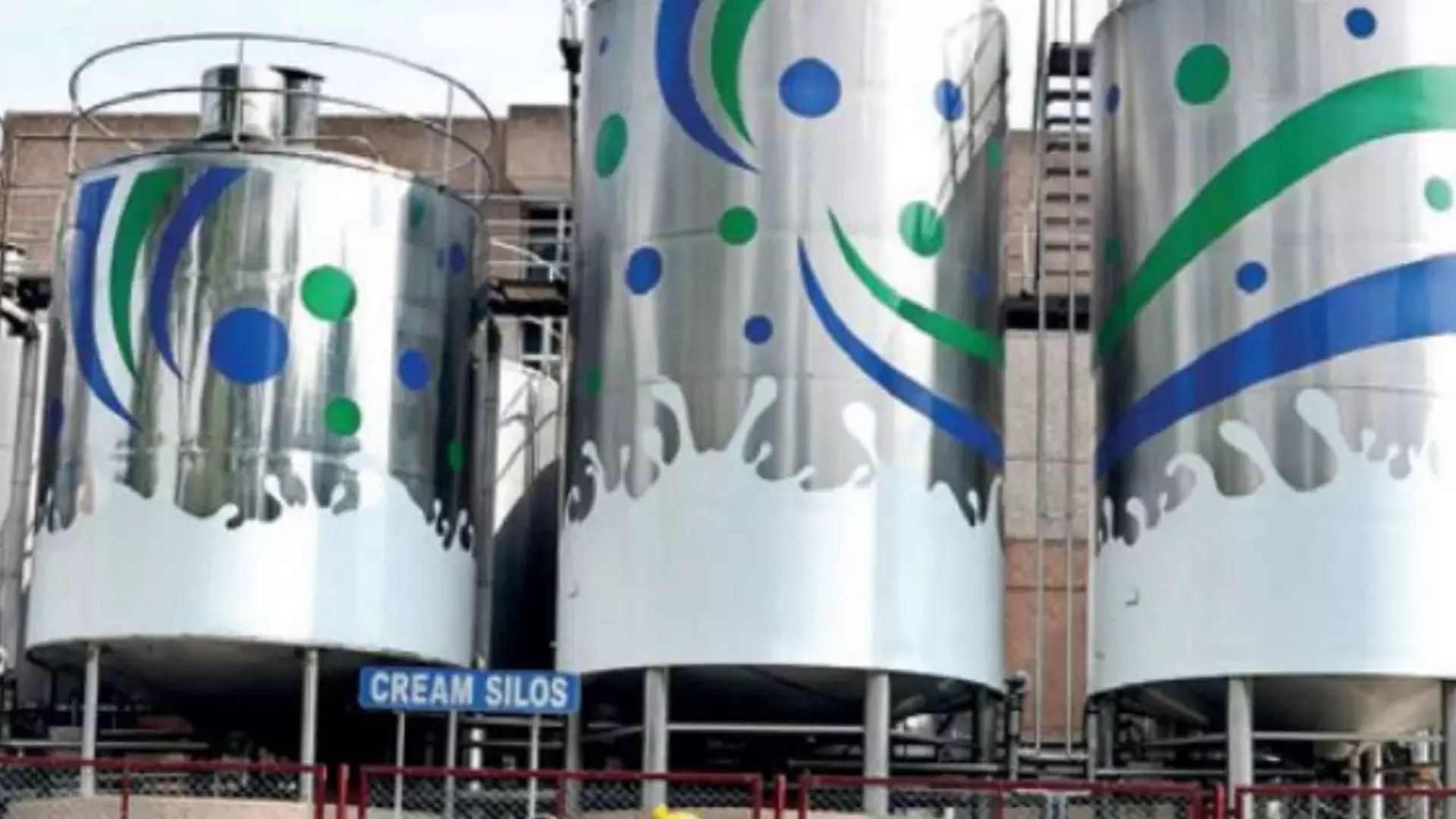
As the country prepares for another major electoral event, Washington, D.C. is filled with tension. With only days left until a new Commander-in-Chief is announced, the mood is more anxious than the typical excitement associated with elections. The pressing concern extends beyond the question of who will emerge victorious; it also revolves around the potential consequences that will follow.
Past turmoil
Capitol Hill, a hallmark of American democracy, still shows the effects of past electoral turmoil. The haunting memory of January 6, 2021, when hundreds of Trump supporters breached security and vandalized the Capitol, weighs heavily on the minds of many. On that day, senators and congress members were forced into secure locations as the crowd attempted to overturn the election results, raising fears that history could repeat itself if Donald Trump were to lose again.
Must Read: LeBron James Backs Kamala Harris In Bid For Presidency
In light of these concerns, authorities are implementing extensive security measures. Nearly 2,100 officers have been deployed—300 more than were present during the January 2021 events. Key areas designated for protests have been fenced off, and popular gathering spots near the White House, such as Lafayette Park, have been partially closed to mitigate the risk of unrest.
Washington’s governor has also mobilized National Guard units, ready for rapid deployment if necessary. These troops are positioned as a vital backup to assist local law enforcement in maintaining order.
Sentiments among residents
Despite these precautions, many residents are on edge. The violent protests during Trump’s 2017 inauguration and the Capitol riots have left a lasting mark on the community. Businesses are taking extra measures, boarding up their storefronts in anticipation of possible unrest. Local feelings reveal a deep concern about the potential for violence and upheaval as the city stands at the intersection of America’s internal conflicts.
William Cleveland, a local resident, articulated the frustration shared by many: “It’s a sad state for the democracy in the United States. Why should freedom have to (be) protect your own property when you disagree with somebody… Doesn’t make any sense.” Another resident, Kamara Walker, conveyed her anxiety about the upcoming days, stating, “We all know what happens when things doesn’t go (Donald) Trump’s way. He incites his followers to protests in violent ways and I think is smart… I actually work a couple of blocks down in a government building and I don’t want to come to work on Tuesday. I think it’s going to be hectic and crazy. I wish we would be off.”
Must Read: Biden, Trump Make Last-Ditch Appeals To Voters On Eve Of Election Day
Dilemma
For officials, striking a balance between public safety and the right to peaceful assembly poses a significant challenge. The National Mall, a historic venue for protests, is open for demonstrations, but authorities are wary of allowing opposing groups to gather simultaneously, fearing potential confrontations. So far, nine left-leaning organizations have applied for permits to protest, adding complexity to the decision-making process.
The real difficulty may extend beyond election day. Historical patterns indicate that the aftermath of electoral disputes can result in intense confrontations weeks later, as seen during the January 6 Capitol riots. As a result, the upcoming week may only signify the beginning of a tense period for the nation’s capital.
Global audience
As global attention turns to Washington, the international media is poised to cover the unfolding events. The stakes are significant: will there be a smooth transition of power, or will we see another fracture in the pillars of US democracy? The days ahead are critical, not only for the immediate political situation but also for the long-term viability of the democratic process in America. The outcome remains unpredictable, along with the possibility of unrest that could echo across the nation.
Also Read: Ohio: The ‘Mother Of Presidents’ That Gave The US Seven Presidents
